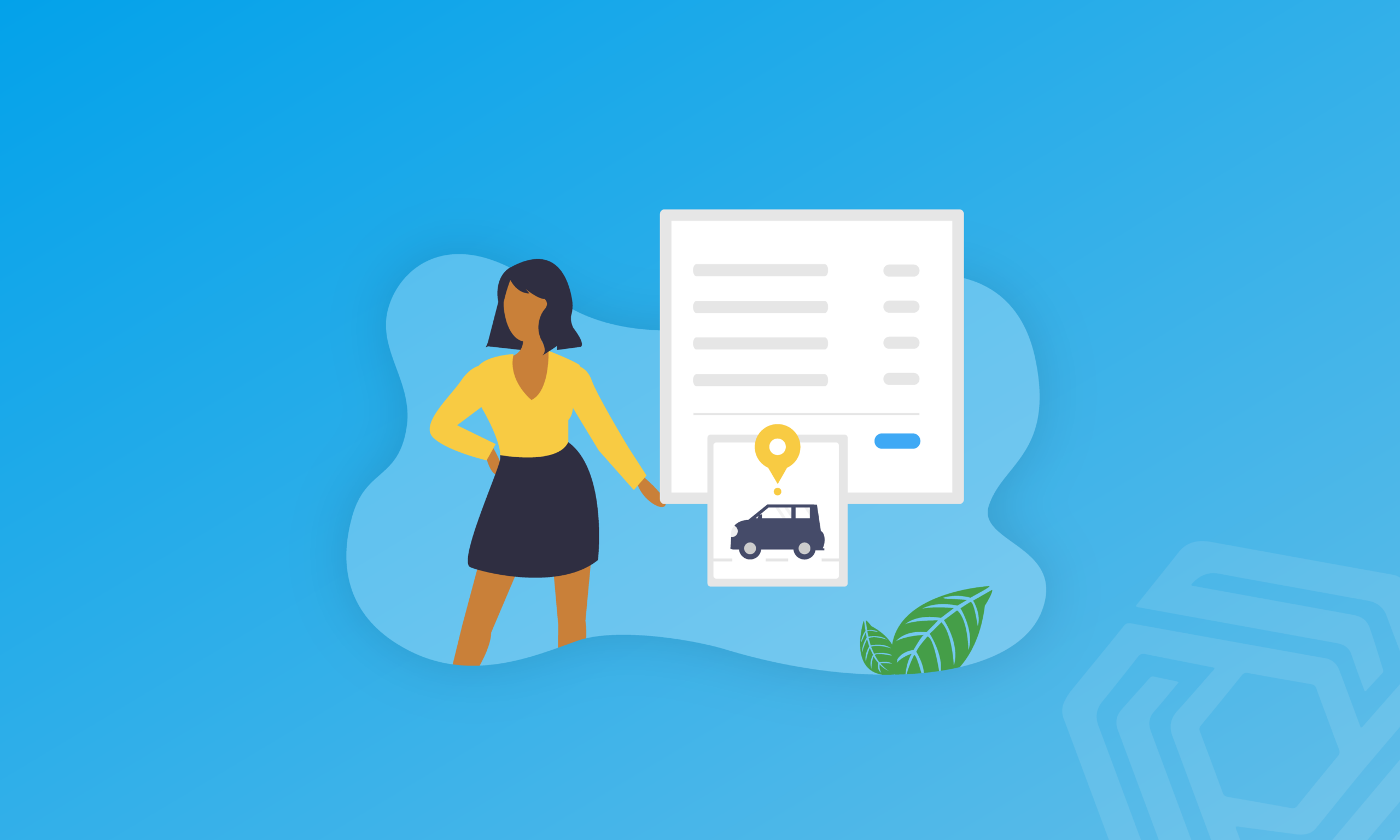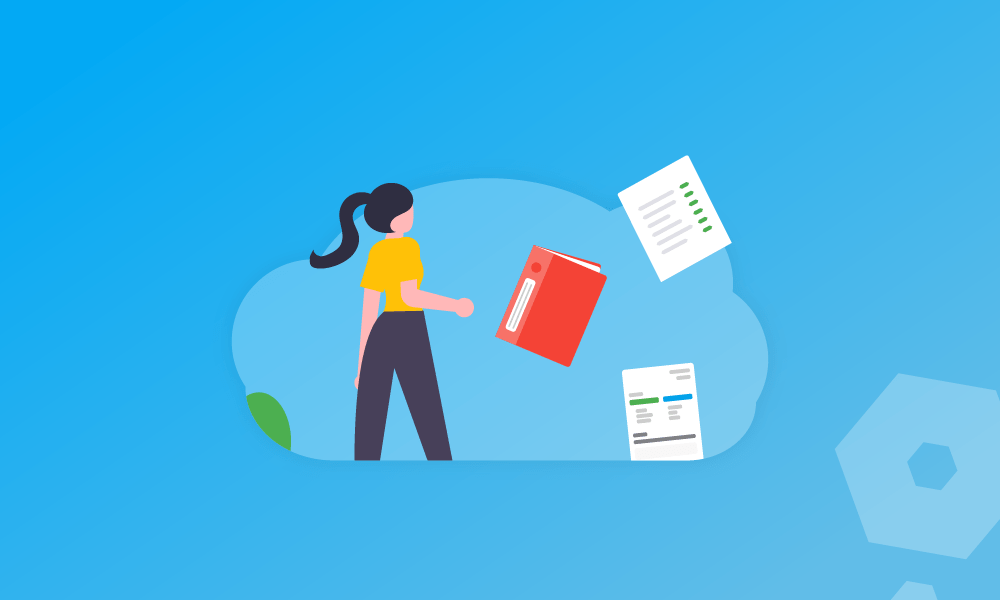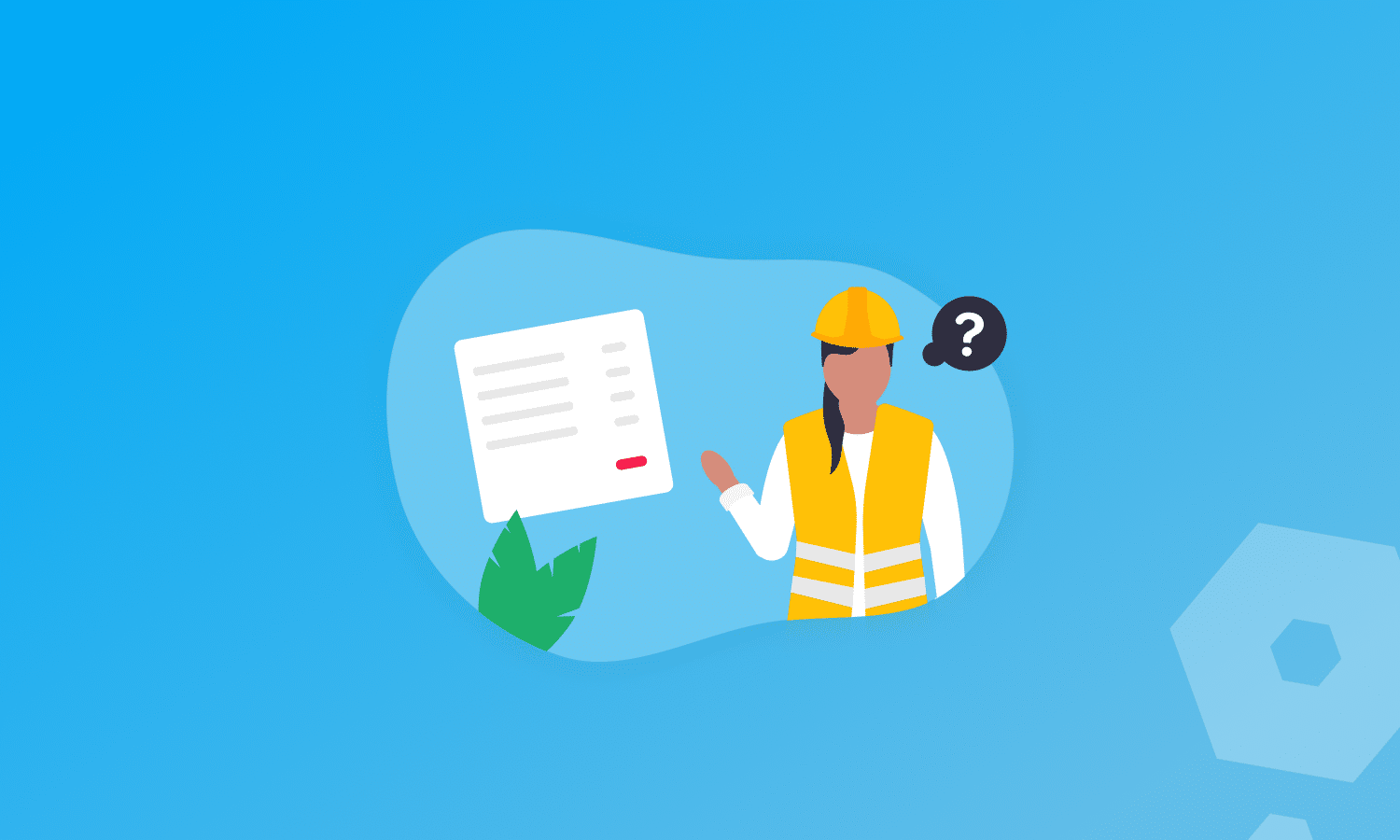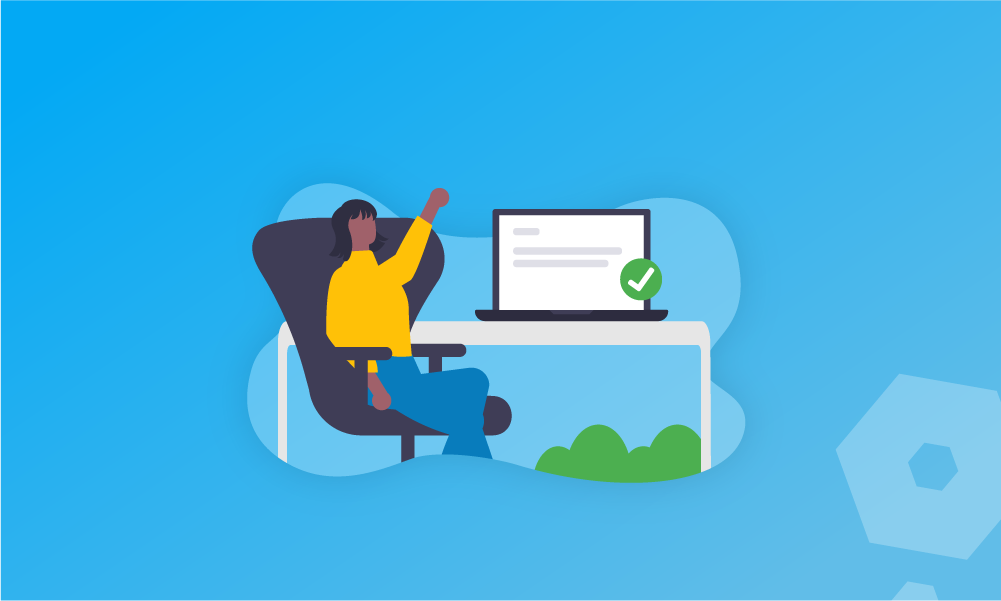As a sole trader, you’ll be used to handling everything yourself. From marketing to sales, and everything in-between, it’s down to you. It means that you’re also liable for everything financially, including those tax bills. If you’re looking for ways to reduce your tax bill, this is where expenses come in.
Receipt Uploads
Store and manage files of every type









